CAMBRIDGE, Mass., U.S.: Harvard University’s recent Worldwide Week had the researchers from Harvard School of Dental Medicine (HSDM) drawing the participants’ attention to the correlation between environmental health and oral health through the lens of health equity. The team of researchers believes that dentistry has a profound impact on our planet’s environmental health, which, in turn, affects oral health. The link between dental health and the environment makes it crucial for us to manage dental waste effectively.
The team of researchers, led by Dr Donna Hackley, an instructor in oral health policy and epidemiology at HSDM, found a surprising source of the food, water and air pollution - the international dental community. In a recent summary of their research, the team cited plastic, mercury, lead and silver waste among the most common pollutants produced by the dental industry. “These pollutants threaten the health of organisms and humans, especially the developing young, as well as the stability of various economies,” Hackley said.
According to the researchers, plastic waste is a particularly common type of dental waste. For example, toothbrushes, toothpaste tubes and toothpaste are frequently used dental products that are typically made of or contain plastic and are difficult to recycle. Dental Tribune International has recently reported on the impact that plastic toothbrushes have on the environment and noted that they often get into our forests, rivers and oceans.
“Globally, 23 billion toothbrushes and their wrappings are discarded every year, and in the U.S. alone, the number of discarded toothbrushes is enough to circle the earth four times,” the team reported. “Toothpaste tubes are also not recyclable, as they typically contain an interior layer of aluminium. The toothpaste itself contains harmful plastic microbeads, and 8 trillion microbeads are released into aquatic environments daily from the U.S., enough to cover over 300 tennis courts.”
Mercury, lead and silver also pose a threat to our ever-changing environment. According to Hackley, patient chairs can generate up to 4.5 g of mercury daily and this may pose a serious threat if the mercury is improperly disposed of. Additionally, products consisting of silver and lead are found in radiographic materials, including films and developer solutions, and are of particular concern in countries that cannot properly manage dental waste disposal.
To tackle the issue of waste management in dentistry, Hackley and her team are encouraging dental offices to estimate the total amount of domestic and medical waste they produce and to determine ways to reduce it. As more and newer, environmentally friendly products become available, Hackley hopes that dental offices will find alternatives to common plastic products.
“The international dental community must commit to preventing and reducing dental waste. Any adverse environmental impact resulting from our professional activities disproportionately affects the most vulnerable populations globally. This is about equity. Thoughtful waste management is no longer just a nice idea, but a moral and ethical imperative to protect the environment and every organism living in it,” Hackley concluded.
A preliminary waste audit conducted by students from the university revealed that primary sources of waste in the preclinical laboratory include gloves, disposable gowns, masks, paper and paper towels.
Dentists and dental patients are showing an ever-increasing concern about the generation of virus-containing aerosols through various dental procedures, and...
Healthcare workers (HCWs) spend a lot of time up working in close proximity to their patients, which is a high-risk activity. Standard Personal Protective ...
BURNABY, British Columbia, Canada: In recent years, patient preferences for fixed restorations have driven significant growth in both the US and European ...
BRISBANE, Australia: Dental professionals and researchers continue to look for the best solutions to help prevent and manage peri-implant disease. For ...
Dr Rajiv Patel from the US will be a speaker at the upcoming ROOTS SUMMIT, which will take place from 9 to 12 May in Athens in Greece. His lecture will ...
TORONTO, Canada: A team of researchers from the University of Toronto have recently published the largest longitudinal study conducted on patient complaints...
A cross-sectional study conducted among the dental professionals across India has shown that COVID-19 has disrupted the source of income for the majority of...
A newer, faster, easier, safer option is all set to replace Nitrous oxide in pain & anxiety management in the dental setting.
...
Rapid Antigen Tests are an easy and economical option for dentists to use in their clinics to identify the potential Covid-19 spreaders visiting their ...
Live webinar
Fri. 30 January 2026
4:30 pm IST (New Delhi)
Dr. medic. stom. Henriette Lerner
Live webinar
Fri. 30 January 2026
6:30 pm IST (New Delhi)
Univ.-Prof. Dr. Katrin Bekes MME
Live webinar
Fri. 30 January 2026
7:30 pm IST (New Delhi)
Live webinar
Fri. 30 January 2026
8:30 pm IST (New Delhi)
Prof. Dr. Falk Schwendicke MDPH
Live webinar
Fri. 30 January 2026
9:30 pm IST (New Delhi)
Univ.-Prof. Dr. Katrin Bekes MME, Nikolai van Blericq, Prof. Dr. Falk Schwendicke MDPH
Live webinar
Sat. 31 January 2026
12:30 am IST (New Delhi)
Dr. Anthony Viazis DDS, MS. Inventor & Founder of Fastbraces®
Live webinar
Wed. 4 February 2026
5:30 am IST (New Delhi)



 Austria / Österreich
Austria / Österreich
 Bosnia and Herzegovina / Босна и Херцеговина
Bosnia and Herzegovina / Босна и Херцеговина
 Bulgaria / България
Bulgaria / България
 Croatia / Hrvatska
Croatia / Hrvatska
 Czech Republic & Slovakia / Česká republika & Slovensko
Czech Republic & Slovakia / Česká republika & Slovensko
 France / France
France / France
 Germany / Deutschland
Germany / Deutschland
 Greece / ΕΛΛΑΔΑ
Greece / ΕΛΛΑΔΑ
 Hungary / Hungary
Hungary / Hungary
 Italy / Italia
Italy / Italia
 Netherlands / Nederland
Netherlands / Nederland
 Nordic / Nordic
Nordic / Nordic
 Poland / Polska
Poland / Polska
 Portugal / Portugal
Portugal / Portugal
 Romania & Moldova / România & Moldova
Romania & Moldova / România & Moldova
 Slovenia / Slovenija
Slovenia / Slovenija
 Serbia & Montenegro / Србија и Црна Гора
Serbia & Montenegro / Србија и Црна Гора
 Spain / España
Spain / España
 Switzerland / Schweiz
Switzerland / Schweiz
 Turkey / Türkiye
Turkey / Türkiye
 UK & Ireland / UK & Ireland
UK & Ireland / UK & Ireland
 International / International
International / International
 Brazil / Brasil
Brazil / Brasil
 Canada / Canada
Canada / Canada
 Latin America / Latinoamérica
Latin America / Latinoamérica
 USA / USA
USA / USA
 China / 中国
China / 中国
 Pakistan / Pākistān
Pakistan / Pākistān
 Vietnam / Việt Nam
Vietnam / Việt Nam
 ASEAN / ASEAN
ASEAN / ASEAN
 Israel / מְדִינַת יִשְׂרָאֵל
Israel / מְדִינַת יִשְׂרָאֵל
 Algeria, Morocco & Tunisia / الجزائر والمغرب وتونس
Algeria, Morocco & Tunisia / الجزائر والمغرب وتونس
 Middle East / Middle East
Middle East / Middle East
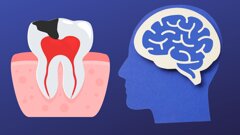
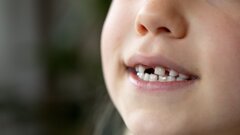
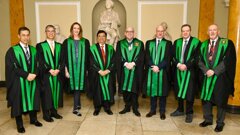
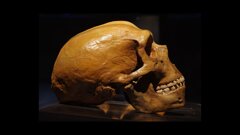























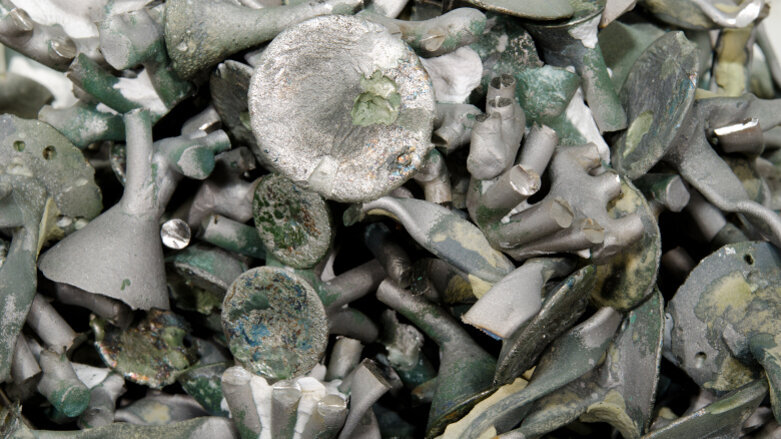



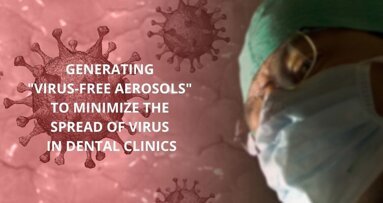
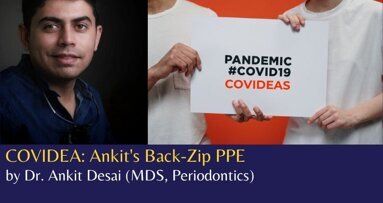
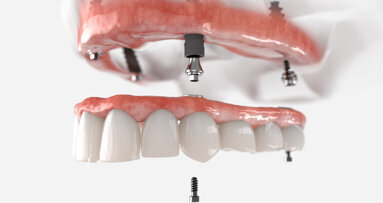
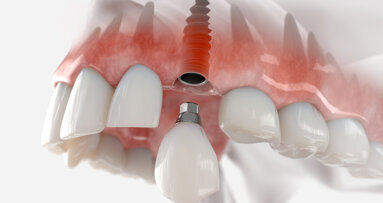
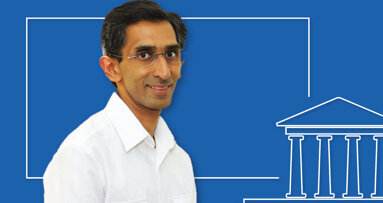
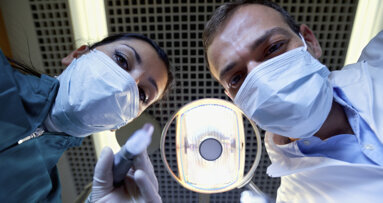
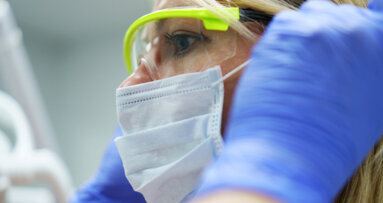

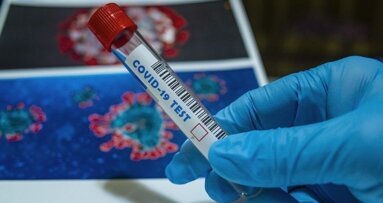
















To post a reply please login or register